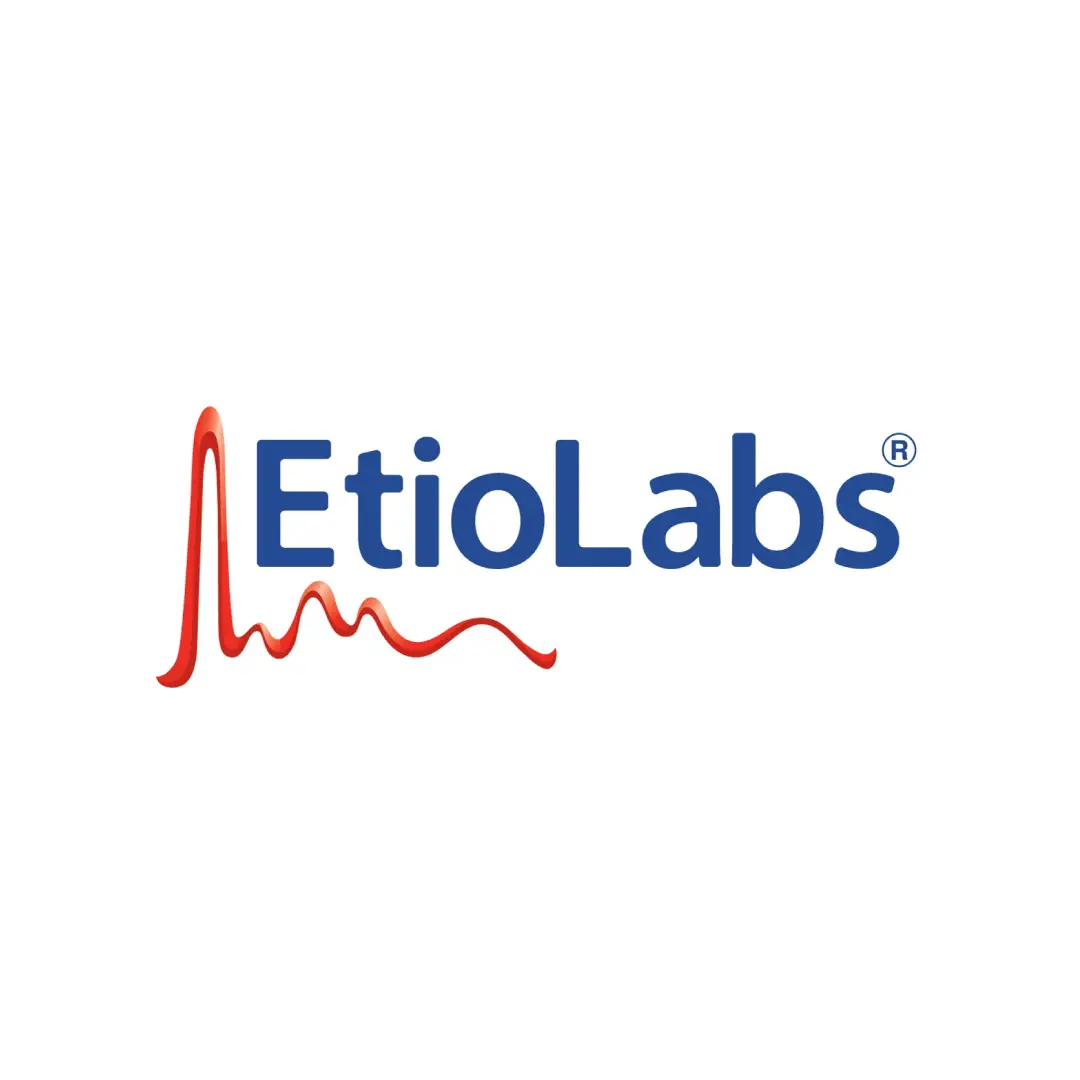
MedLabs Launches the First Model for Translating Medical Laboratory Test Information and Results into Arabic
Amman, Jordan, September 2025
MedLabs has achieved a groundbreaking milestone in Arabic medical informatics with the launch of the first service that translates laboratory test names and results into Arabic. Built on the globally recognized LOINC standard, which is endorsed by the World Health Organization (WHO), European Union (EU), United States, and the American Medical Association, this pioneering service is designed to enhance health literacy for Arabic-speaking patients. By making medical reports easier to understand, the initiative empowers patients to make informed healthcare decisions and lays the foundation for a unified Arabic medical terminology database.
A five-week pilot program designed by Dr. Ayman Al-Rawabdeh in collaboration with the McWilliams School of Biomedical Informatics at The University of Texas Health, Science Center, at Houston (UTHealth Houston), was implemented at one of MedLabs’ branches in Amman, where an initial set of laboratory test names and results were translated and checked by MedLabs’ Scientific Committee. The project significantly improved patient comprehension of test results, reduced reliance on informal or unverified translation tools, and ensured the clinical accuracy of medical terminology. It also fostered greater engagement with bilingual digital health platforms. Results from the pilot revealed that 91.2% of patients reported improved understanding of their medical reports after receiving the translations.
Commenting on the achievement, Dr. Hassib Sahyoun, Founder & CEO of MedLabs Laboratories, said: “This project empowers Arabic-speaking patients with the knowledge and independence to manage their health, supporting MedLabs’ mission to enhance health literacy across the Arab world.” MedLabs’ Vice CEO, Dr. Manar Agha Al Nimer added: “Evidence-based medical translation is a powerful tool for patient empowerment and improving healthcare system efficiency.” Dr. Nashat Dahabreh, MedLabs’ Vice CEO for Scientific Affairs, emphasized: “The strength of this project lies in its ability to maintain the scientific and clinical integrity of medical terminology while adapting it to the linguistic, cultural, and social context of Arabic speakers.”
Dr. Majdi Abu Hantash, MedLabs’ Chief Medical Information Officer, noted that unlike AI-based tools, MedLabs relied on human translation supervised by a bilingual scientific committee, ensuring clinical accuracy, cultural relevance, and the use of simplified, patient-friendly terminology. Looking ahead, MedLabs plans to scale the initiative across the Arab world by promoting a national strategy for Arabic medical terminology, developing a verified Arabic medical terminology database, and building a multilingual digital infrastructure to support sustainable growth. This innovative model positions MedLabs as a leader in bridging language gaps in lab medicine and healthcare and advancing health literacy for millions of Arabic speakers.
Can we help you?








